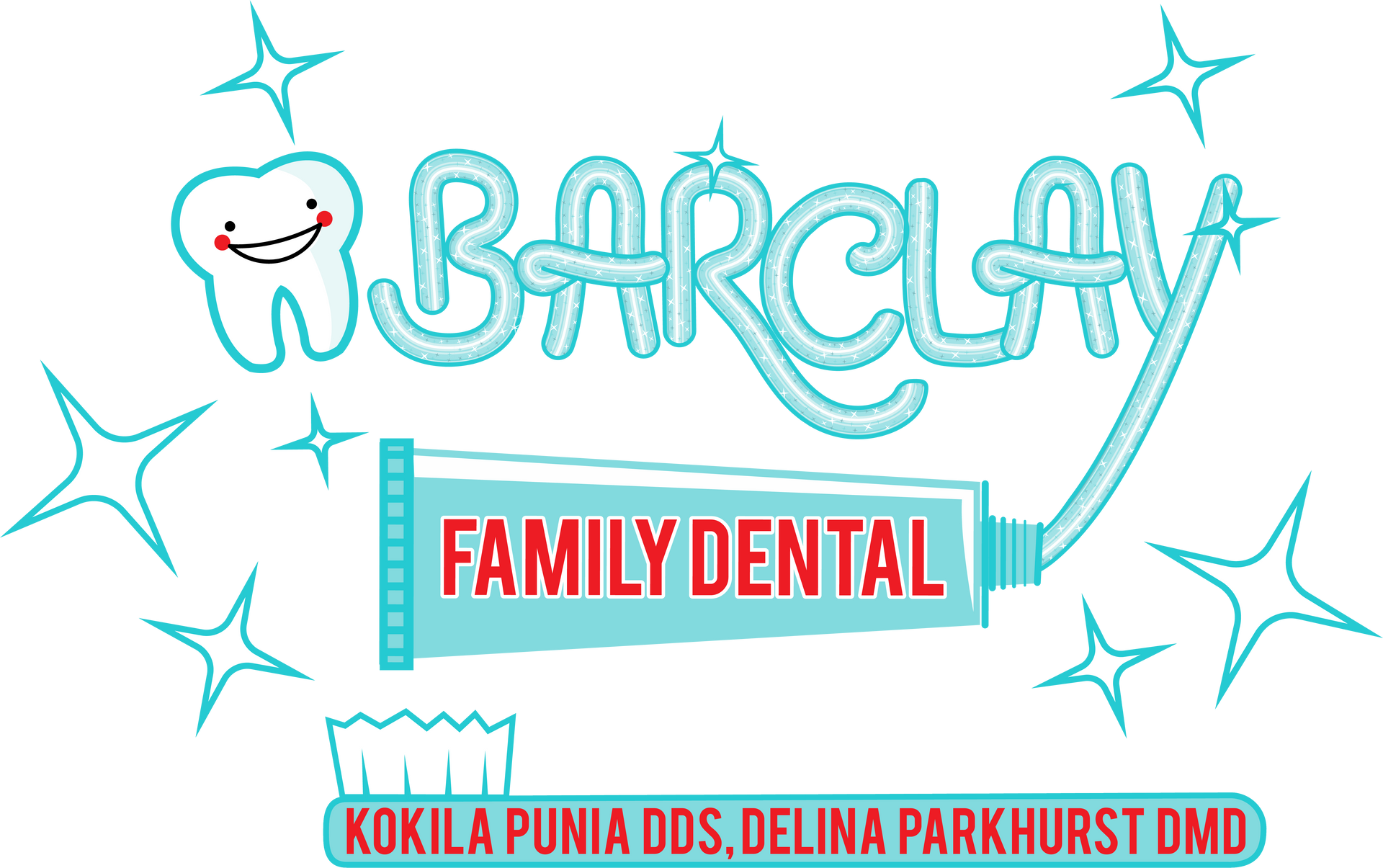The Effects of Stress on Oral Health: Stress Relief Checklist

Source: Dr. Marketing
Stress is an inevitable part of being human, weaving in and out of our lives. Yet, its influence on our oral health is often overlooked. It is important to be mindful of how stress can affect our oral health and to take steps to manage it effectively. In this article, we want to discuss the hidden impacts of stress on our oral health. We will examine how stress influences our oral well-being and suggest practical methods to cope during these challenging times.
IN TIMES OF STRESS

Stress is more than just a mental state—it's a physiological response that can trigger a range of reactions in the body, including in the oral cavity. It is important to be aware of the effects of stress so you can protect your dental health. From grinding teeth and jaw clenching to compromising the body's immune response, stress can pave the way for oral health issues such as gum disease, canker sores, and even tooth loss. Exploring these connections sheds light on the importance of stress management not just for mental well-being but also for maintaining a healthy smile.
THE SYMPTOMS OF STRESS AND ORAL HEALTH

Often, we do not realize how much stress affects various aspects of our lives, including our physical health, mental well-being, and even our oral health. Understanding these connections sheds light on the importance of stress management not just for our overall health but also for the well-being of our mouths. Here are some symptoms to watch out for:
TEETH GRINDING (BRUXISM)
Stress often manifests as teeth grinding or clenching, especially during sleep, which can lead to worn-down teeth, jaw pain, and headaches. To alleviate the symptoms of teeth grinding, the use of a mouthguard while sleeping can protect your teeth from damage caused by grinding. By taking proactive steps to manage stress and protect your teeth, you can mitigate the negative effects of bruxism (grinding) and promote overall well-being. Reach out to us at Barclay Family Dental in Cherry Hill, NJ and we can address these issues promptly.

GUM DISEASE
Stress weakens the body's immune system, making it more susceptible to infections like gum disease (gingivitis and periodontitis). When the body's immune system is weakened due to stress, it can have a negative impact on oral health. Gum disease, which includes conditions like gingivitis and periodontitis, can take advantage of this weakened immune response. If left untreated, it can progress to periodontitis, a more severe form of gum disease that can lead to tooth loss and other complications. Therefore, managing stress levels and practicing good oral hygiene are crucial to prevent gum disease and maintain overall health. Remember to brush and floss regularly and visit us at Barclay Family Dental in Cherry Hill for regular check-ups and teeth cleanings. Staying on top of your dental health will help tremendously.
CANKER SORES
Stress can trigger canker sores, painful ulcers that form inside the mouth. These small, shallow lesions can be quite uncomfortable, making eating and talking a challenge. Maintaining good oral hygiene and avoiding spicy or acidic foods can help prevent further irritation. If canker sores persist or become more frequent, it's a good idea to consult with our dental team at Barclay Family Dental in New Jersey for further evaluation and treatment options.
DRY MOUTH
Stress can reduce saliva production, leading to dry mouth, which increases the risk of tooth decay and gum disease. Dry mouth, also known as xerostomia, can indeed be exacerbated by stress. When we are stressed, our body's natural response can include a decrease in saliva production. Saliva plays a crucial role in maintaining oral health by rinsing away food particles, neutralizing acids, and helping to prevent tooth decay and gum disease. When saliva production decreases due to stress, it can lead to dry mouth, which in turn can contribute to oral health issues such as bad breath, tooth decay, and gum disease. Managing stress through relaxation techniques, staying hydrated, and maintaining good oral hygiene can help alleviate dry mouth symptoms.
POOR ORAL HYGIENE
Stress can indeed impact oral hygiene in various ways. When people are stressed, they may neglect their oral hygiene routines, such as brushing and flossing regularly. This neglect can lead to the buildup of plaque and tartar on the teeth, increasing the risk of cavities, gum disease, and other oral health problems. Additionally, stress can contribute to unhealthy habits like smoking or consuming sugary snacks and drinks, which can further deteriorate oral health. Managing regular oral hygiene is critical during stress.
JOINT (TMJ) DISORDERS
Stress-related muscle tension can contribute to TMJ disorders, causing jaw pain, clicking, and limited jaw movement. Stress can exacerbate temporomandibular joint (TMJ) disorders or even contribute to their development. When stressed, people often clench their jaw or grind their teeth, which can strain the TMJ and surrounding muscles. Over time, this tension can lead to TMJ disorders, characterized by symptoms such as jaw pain, clicking or popping sounds, difficulty chewing, and headaches. Additionally, stress-related muscle tension can contribute to jaw misalignment, further aggravating TMJ issues. Managing stress through relaxation techniques, jaw exercises, and seeking professional treatment such as physical therapy or mouthguards can help alleviate TMJ disorder symptoms and prevent further complications. Reach out to our dental team in Cherry Hill for more information and we can help you promptly.
THE IMPORTANCE OF REGULAR CHECKUPS

As discussed previously, regular dental check-ups are particularly important during times of stress. This is because stress can exacerbate oral health issues, so staying on top of dental appointments ensures that any problems can be addressed promptly.
Additionally, dental visits with our team at Barclay Family Dental can serve as a source of support and guidance, offering strategies for managing stress-related oral health issues like teeth grinding or gum disease. This is why it is important to maintain regular check-ups, so individuals can proactively safeguard their oral health, even amidst stressful circumstances.
THE IMPORTANCE OF TEETH CLEANINGS
Regular teeth cleanings at our dental practice also play a vital role in oral health, especially during periods of stress. Stress can increase the likelihood of plaque buildup and gum disease, making regular cleanings even more important. These appointments not only remove plaque and tartar but also provide an opportunity for our dental team to identify and address any emerging issues. Moreover, the cleaning process itself can be therapeutic, offering a brief break from stress and promoting a sense of well-being. Prioritizing regular teeth cleanings during stressful times helps safeguard oral health and contributes to overall wellness.
STRESS-RELIEF CHECKLIST

Managing stress through relaxation techniques, exercise, and seeking support can help mitigate these effects on oral health. Also, as discussed above, maintaining a consistent oral hygiene routine and attending regular dental check-ups with us at Barclay Family Dental are essential for minimizing stress-related oral health issues. Here is our checklist for reducing stress:
- Practice Stress-Relief Techniques: Incorporate relaxation techniques such as deep breathing, meditation, yoga, or mindfulness to reduce stress levels.
- Regular Exercise: Engage in regular physical activity, as exercise can help alleviate stress and promote overall well-being.
- Healthy Diet: Maintain a balanced diet rich in fruits, vegetables, lean proteins, and whole grains, which can support both physical and mental health.
- Limit Caffeine and Alcohol: Reduce consumption of caffeinated beverages and alcohol, as they can contribute to stress and may also affect oral health negatively.
- Adequate Sleep: Prioritize quality sleep to recharge and rejuvenate your body, which can help manage stress levels and support oral health.
- Maintain Oral Hygiene: Stick to a consistent oral hygiene routine of brushing twice daily, flossing, and using non-alcohol mouthwash to prevent plaque buildup and gum disease.
- Seek Professional Help: If stress becomes overwhelming, consider seeking support from a mental health professional or counselor to develop coping strategies.
- Use A Mouthguard: If you grind your teeth due to stress, consider using a mouthguard at night to protect your teeth from damage.
- Stay Hydrated: Drink plenty of water throughout the day to maintain saliva production and prevent dry mouth, which can contribute to oral health issues.
- Attend Regular Dental Check-ups: Keep up with routine dental visits for professional dental cleanings and check-ups with us at Barclay Family Dental in Cherry Hill, New Jersey, to catch any oral health issues early and address them promptly.

Stress can manifest in various ways, impacting our bodies in ways we may not even realize. When it comes to oral health, stress can contribute to teeth grinding, jaw clenching, and even poor dental hygiene habits. These behaviors can lead to issues such as worn enamel, jaw pain, and an increased risk of cavities and gum disease.
Practicing relaxation techniques, maintaining a healthy routine, and seeking support when needed can all help reduce the impact of stress on our dental health. Remember, a healthy mind and body go hand in hand, so taking care of your mental well-being can have a positive impact on your oral health as well. Our dental practice at Barclay Family Dental in Cherry Hill are here to help guide and support you.
REACH OUT TO US TODAY WITH ANY QUESTIONS OR CONCERNS YOU MAY HAVE!












